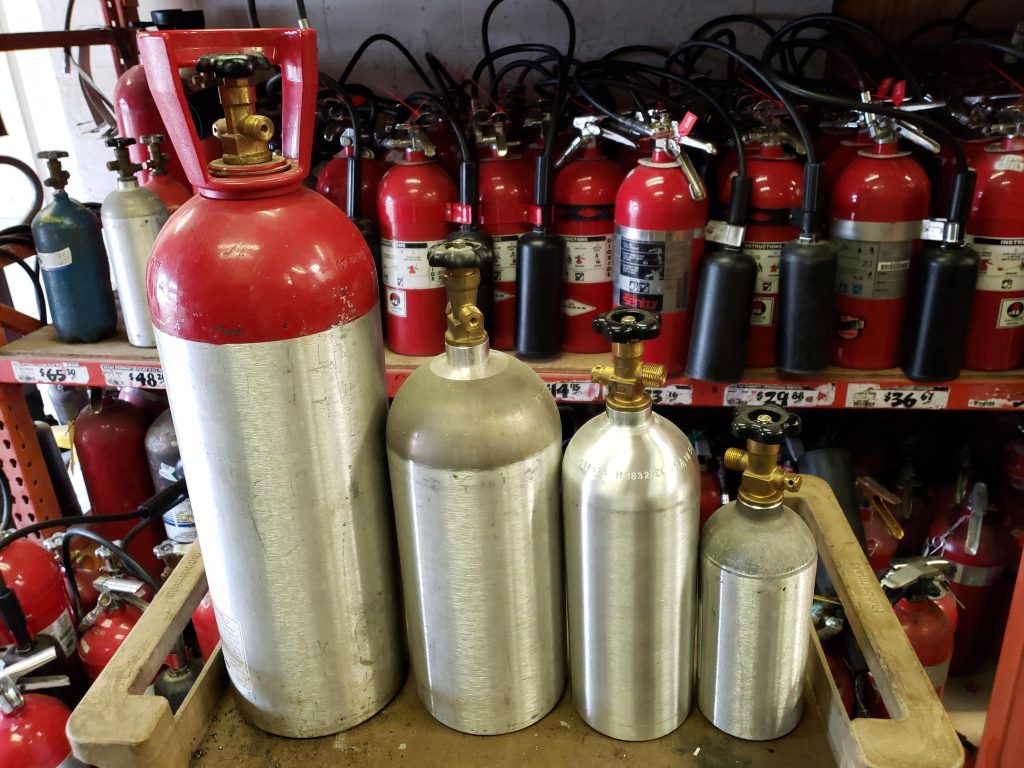Fire safety is not only about having the right equipment however, it’s also about making sure that it will function flawlessly when you need it the most. Fire extinguisher maintenance has evolved to be more than just routine maintenance it’s a strategic requirement for every fire equipment dealer who believes in security, reliability and compliance.
If you’re the manager of a busy shopfront or you are responsible for managing clients for a portfolio understanding the specifics of fire extinguisher tag and recharge is crucial to building long-term trust.
The importance that is often ignored the importance of Extinguisher Inspection
Extinguishers in a wall of a building commercial may look good, but do they work? An inspection of fire extinguishers is the only way to be sure of that. This requires more than a simple glance. Certified technicians are required to examine the pressure levels and the condition of nozzles, seals, tamper indicator, expiration date and general wear.

Image credit: servicedfireequipment.com
If you do not follow these steps, your customer could be exposed to not just dangers from fire, but also penalties and code violations. Partnering with a service which performs thorough inspections enables fire equipment dealers to offer clients peace of mind. They know their products comply to industry standards and equipped for real-world use.
Why Fire Extinguisher Recharge isn’t optional It’s essential
Be clear: an extinguisher which has been discharged or has been used for a short time is a danger. It doesn’t matter if it was used to extinguish a small fire in the kitchen or if it simply lost pressure due to time. You shouldn’t think it’s as safe until you’ve recharged the unit. This is when the significance of the fire extinguisher charging service becomes evident.
The process of recharging involves refilling or replacing the liquid extinguishing, repressurizing and inspecting all internal components. This process requires precision and expertise in the various types of extinguishers (dry foam, chemical, CO2, etc.). ), and up-to-date service equipment.
A lot of dealers are now outsourcing this work, which allows them to cut costs while ensuring quality.
How do you safeguard your business and customers using fire extinguisher tags
Here’s a detail that might seem insignificant, but it carries a lot of significance: the tag.
Fire extinguisher tagging is the documented proof that a unit has been inspected, maintained, and certified according to state and federal safety codes. The tag consists of the following: date of service; technician’s identification number; nature of inspection; and the date of the date of the next inspection. The tag is more important than a mere piece of paper for business owners. It offers a layer of protection against responsibility. For dealers, the tag functions as a badge.
Incorrect or missing tags can lead to failed safety audits or even fines as well as losing trust from clients. It’s important to work with a provider who uses tagging methods that are accurate and legally compliant.
Outsource service, but own the relationship: A smarter business model
For a majority of dealers in fire equipment making connections and securing business is where their time should be spent instead of maintaining an in-house service department. This is why outsourcing the fire extinguisher services including inspection, recharge, and tagging, to a specialized provider is becoming the preferred option across the U.S.
Dealers are able to reduce their risk and expand more quickly by transferring the technical responsibilities. They will also be able to ensure that every extinguisher sold or leased meets the task when it comes to safeguarding property and lives.
Final Thoughts
Maintenance of fire extinguishers should not be an optional task in today’s security conscious business environment. It’s a vital component of the business success. When dealers place a top importance on thorough inspections, reliable recharging, and legally correct tagging, they not just do they sell products but also offering assurance, confidence, and peace of mind. This is an important aspect that isn’t going to expire in the fire-protection industry.
